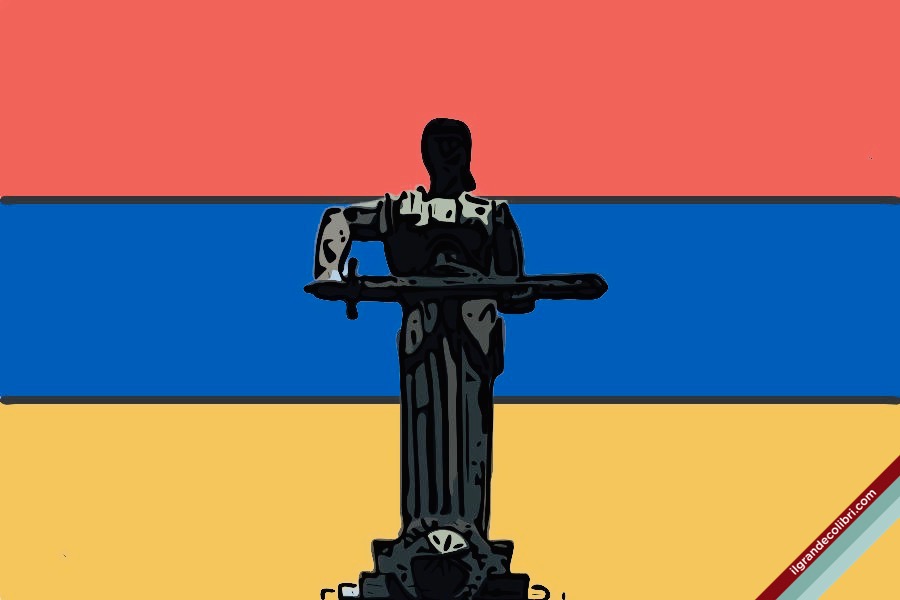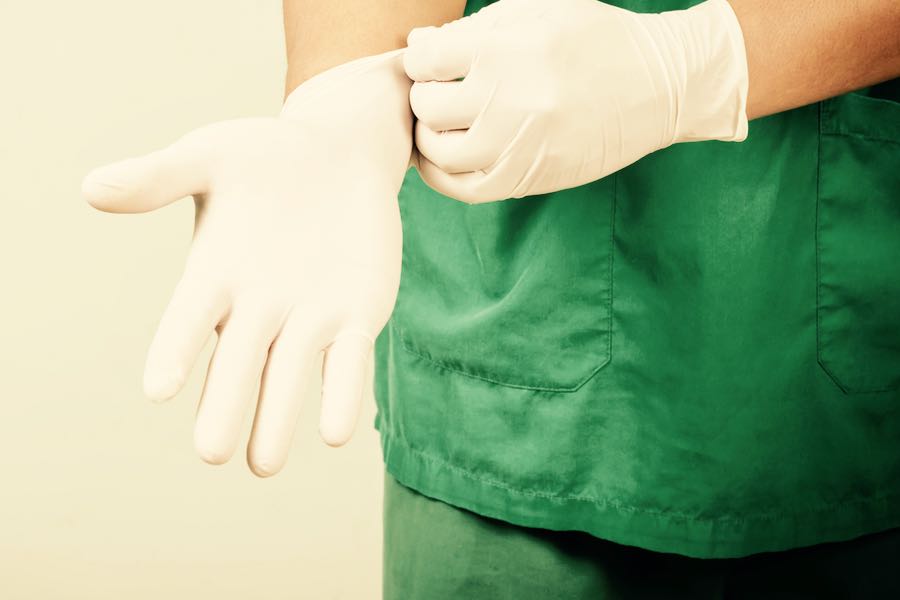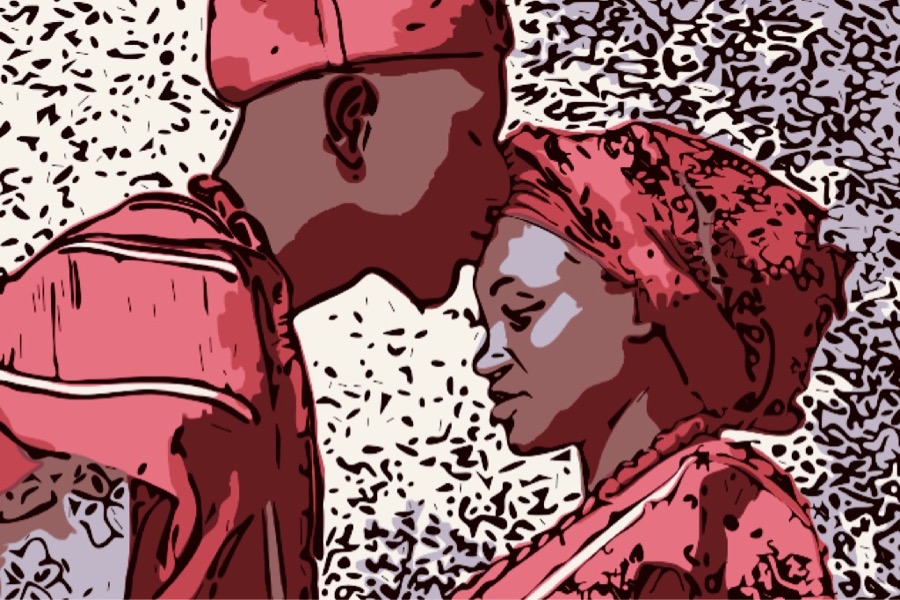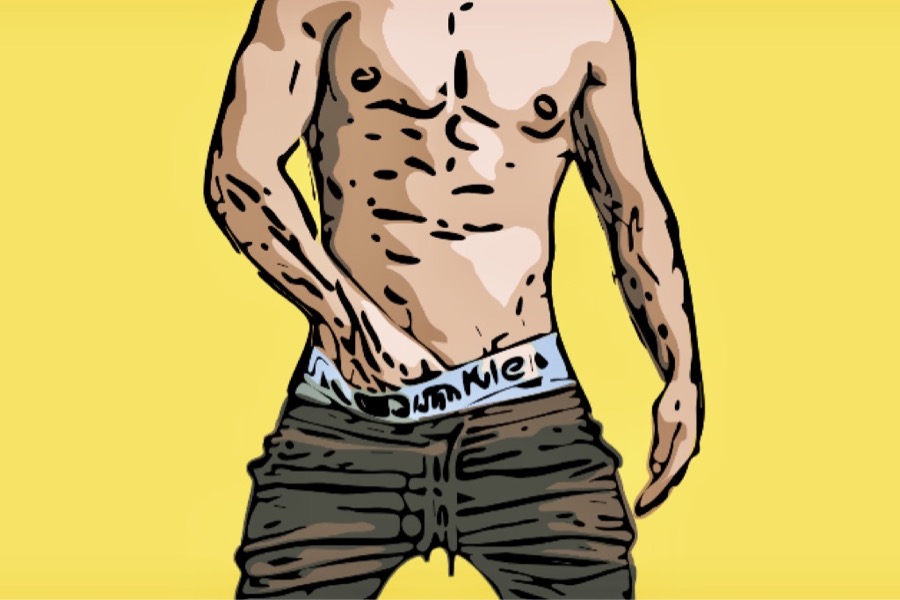How does the LGBTQIA community react in a war situation? What consequences does an armed conflict have on the sexual minorities’ rights? Il Grande Colibrì asked these and other questions to Mamikon Hovsepyan, communications manager of Pink Armenia, the main association for LGBTQIA rights in the Caucasian country, after the war between Azerbaijan (supported by Turkey) and the self-proclaimed Republic of Nagorno-Karabakh (also called Artsakh), supported by Armenia. A war that, despite its relatively short duration (from September to November 2020), produced a very heavy toll: almost 7 thousand dead (included about 150 civilians), thousands of wounded, 130 thousand displaced people.
As an association that defends the rights of sexual minorities around the world, we think it’s important to give a voice to those who live in an extremely difficult situation, despite the low interest of international public opinion. Indeed, this lack of interest makes it even more important to listen and support (even with a donation) the Armenian community, towards which Europe has already shown an atrocious indifference during the genocide committed by the Ottoman Empire between 1915 and 1923, with 1.5 million deaths.
What is the current situation in Armenia? And in Nagorno-Karabakh?
A Russian-brokered ceasefire between Armenia and Azerbaijan ended a six-week war in and around Nagorno-Karabakh. Azerbaijan regained most of the territory it lost to Armenian forces in the first war, which ended in 1994. Russian peacekeepers have deployed to Nagorno-Karabakh. Nearly 2,000 Russian forces are now patrolling the line between Azerbaijani- and Armenian-controlled regions and the road corridor through Lachin, one of the territories returned to Baku [the capital of Azerbaijan; ed], which connects Nagorno-Karabakh to Armenia.
Decades of failed negotiations after the first Nagorno-Karabakh war hardened positions on both sides, which culminated in 2020’s six weeks of bloodshed. Today the regional post-war situation has created both challenges and opportunities, and the establishment of stability and lasting peace in the region has become the main goal for the government and for the citizens.
 What will happen in the future?
What will happen in the future?
There are still many unsolved issues including the status of Nagorno-Karabakh, the return of the Armenian prisoners of war from Azerbaijan, providing financial assistance to Karabakh civilians who fled to Armenia or stayed in the territory during the hostilities, the issue of the preservation of the Armenian cultural, historical and religious heritage in the territories of Artsakh which have come under the Azerbaijani control and the humanitarian crisis that the citizens of Armenia and Artsakh are facing now. To sum up, during the previous year the enabling environment has changed, and further developments are unclear. However, the upcoming one year will be crucial for obtaining a clearer understanding of the possible further developments in the country.
What did Pink Armenia do during the war?
Pink Armenia directed its efforts to assist war-affected persons. Staff members were involved in volunteering. Some of us collected food, clothing, necessities, medicine, and hygiene items for the displaced people. Also, a group of volunteers was involved in providing housing to families moved from Artsakh. Some specialists of the LGBTQIA community provided psychological, social, and legal advice, helped our compatriots in Artsakh to receive medical care, find a job, etc.
In November we started to organize self-help groups considering the needs of the LGBTQIA community during the war. During those meetings, participants talked about their emotions and feelings during the war, their needs, involvement, and how they are overcoming the consequences and difficulties caused by war. Participants discussed self-care and self-help methods and practiced some stress-relieving exercises and learned how to support each other during this hard situation, shared their own experiences, and presented their techniques of coping mechanisms.
And what are you doing now?
Pink continues to provide a full package of support, including legal, social work, and psychological support. Within the framework of social support, we also help LGBTQIA people in a difficult social situation and provide financial support to meet their needs.
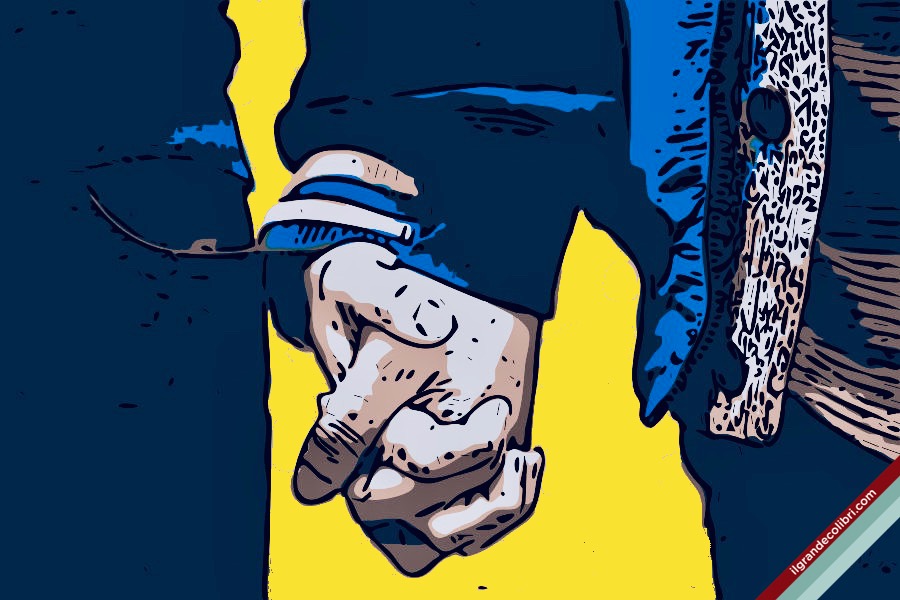 Why does an LGBTQIA association engage so much in these activities?
Why does an LGBTQIA association engage so much in these activities?
It’s important to be united in a given situation․ The sudden state of war made many people as well as members of the LGBTQIA community more vulnerable, both physically and mentally. In these difficult moments for the state, the joint efforts of all members of the society to get out of the crisis are of great importance. As a community-based organization, Pink focuses on the welfare and protection of the LGBTQIA community by actively participating in various spheres of public life ensuring the protection of human rights in general, including LGBTQIA human rights.
Did you perceive interest from the world and in particular from LGBTQIA communities of other countries?
No.
What can people abroad do to help you with your activities?
The best help and support will be spreading awareness on specific issues of the LGBTQIA community in Armenia considering the current post-war and the Covid-19 situation, because the combination of these two traumatic events, made us cancel and postpone some of our activities. And the other way of supporting us will be donation which will help us to promote equality, eliminate discrimination, provide access to education and healthcare, and protect basic rights for the LGBTQIA community.
What is the Armenian situation regarding LGBTQIA rights?
Anti-LGBTQIA stigma and legal discrimination in Armenia are among the highest in the world. Anti-LGBTQIA hate speech is not criminalized, and crimes committed with anti-LGBTQIA motivation are not considered aggravating circumstances. LGBTQIA people in Armenia remain subject to stigma, discrimination, and violence.
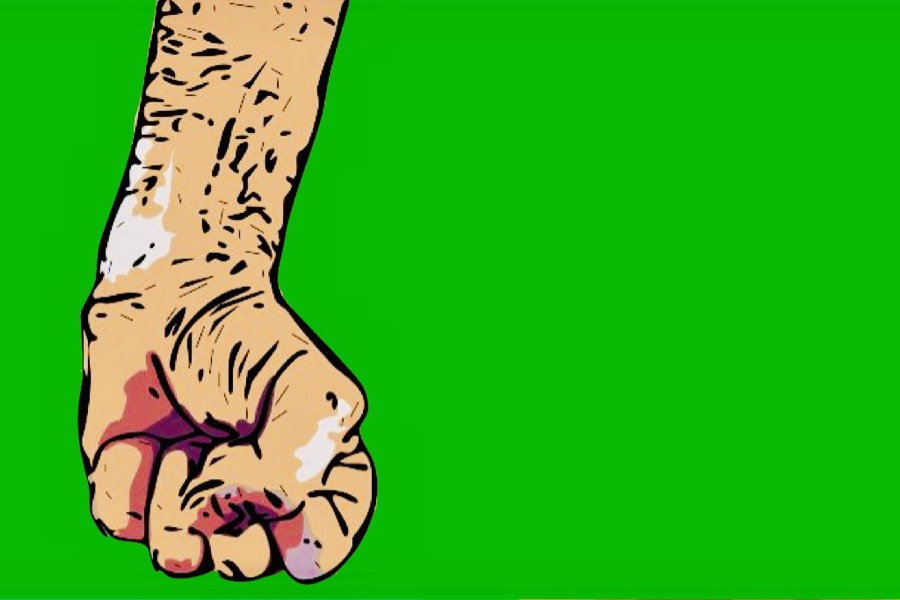 In your opinion, will war change something in people’s tolerance towards sexual minorities?
In your opinion, will war change something in people’s tolerance towards sexual minorities?
The period of hostilities, from September 27th to November 10th included not only military operations and a large flow of contradicting information, but also manipulations on women, human rights, and LGBTQIA topics in Armenia. The armed conflict and its continuing consequences are drastically changing the situation in the country.
The stability of the country is also becoming uncertain for the upcoming year which can include another armed conflict and/or civil conflict within the country. In these conditions, human rights in general, including LGBTQIA human rights will not become a priority for the entire country and the policies of leading forces. The security of civil society representatives, including LGBTQIA supporters, will be endangered as well based on the experience of the previous armed conflict where the State is not capable to ensure the protection.
Did the armed conflict and aftermath situation have its impact on the government’s policies and perceptions of the representatives of civil society, women, and LGBTQIA people among the population?
The narratives of militarism and polarized gender roles will have a nurturing space for the upcoming years again. This situation will also provide space for the intensification of the incitement of hatred and violence towards LGBTQIA people as the groups perceived as contradicting the mainstream military contexts will become the main targets. In such consequences the political manipulations and anti-gender groups are activated again and depending on the further developments the worst scenarios can become a reality where overall the situation of human rights in Armenia, CSOs, women, and LGBTQIA issues can be suppressed by the State or other political or nationalistic forces as the State will lack to provide protection.
The targeting of CSOs, including LGBTQIA CSOs and supporters, continues as well as incitements of hatred and violence towards LGBTQIA people and supporters within the political manipulations and discourses used as scapegoats for obtaining specific gains.
Pier Cesare Notaro
©2021 Il Grande Colibrì
images: elaborations from Antonov14 (CC BY-SA 3.0) / from Emreculha (CC BY-SA 4.0) / from Sarah Pflug (CC0) / from pxhere (CC0)

